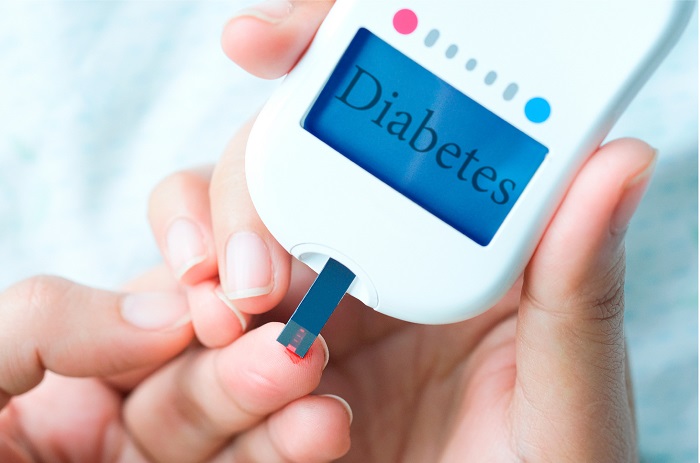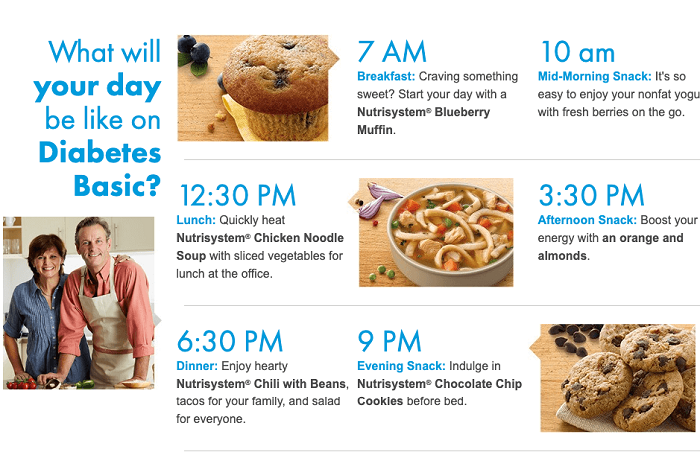Diabetes is a long-term illness that affects all of your body’s systems. If you don’t control your blood sugar levels, it can lead to many problems, such as blurred vision, nerve disease, slow wound healing, heart disease, and kidney disease.
There are many drugs for diabetes that can help you keep your blood sugar levels in check. On top of that, there are a lot of natural ways you can help control your diabetes.
Common ways to deal with Diabetes

Carbohydrate Consumption
The consumption of carbohydrates directly impacts glucose levels in your body. When carbs break down, they convert into glucose and other sugars, which can lead to fluctuations in blood sugar levels. The appropriate amount of carbohydrates to include in each meal depends on factors like age, physical activity level, and weight.
According to the CDC (Centers for Disease Control and Prevention), it is recommended to limit carbohydrate intake to 200–245 grams per day, or no more than half of your daily calorie intake. It is essential to monitor blood glucose levels and make adjustments to your diet as you gradually reduce carbohydrate consumption.
When aiming to decrease carbohydrate intake, it’s important to note that carbs are found in a variety of foods. Many people mistakenly believe that only pasta, bread, and potatoes need to be eliminated. However, glucose can also be found in dairy products, processed foods, sweets, fruits and vegetables.
Fiber
Fiber is essential for controlling blood sugar levels. It not only helps stabilize blood sugar but also lowers the risk of heart disease and aids in weight loss. Adding high-fiber foods like grains, beans, lentils, and chickpeas to your diet can effectively reduce your blood glucose levels.
There are two types of fiber. Insoluble and soluble. Insoluble fiber remains undigested. Does not dissolve in water. It helps eliminate toxins, excess hormones, and fats from the system. In contrast, soluble fiber forms a gel substance when it comes into contact with water. This gel-like consistency slows down the absorption of carbohydrates in the tract, preventing spikes in blood glucose levels.
Related: Nutrisystem Diabetic Plan
Hydration
Proper hydration is crucial for managing blood sugar levels. Research suggests that increasing water intake can decrease the likelihood of developing high glucose levels. Water plays a role in eliminating glucose through urination and diluting the blood to lower blood glucose readings.
For individuals with diabetes, it is important to prioritize water and other calorie-free beverages for staying hydrated. It’s best to avoid drinks with caffeine, as they can lead to dehydration. Similarly, it’s advisable to steer clear of beverages and fruit juices, as they can cause a spike in blood sugar levels.
Experts suggest consuming about half an ounce of water for every pound of body weight. For instance, if you weigh 150 pounds, it is recommended to drink 75 ounces of water each day to ensure hydration. Remember, it’s not just about the amount of water you consume, but how you consume it. Sipping on water throughout the day is beneficial for maintaining hydration. Drinking water quickly may result in urination without proper hydration. When it comes to staying hydrated, a gradual and consistent approach is crucial.
Physical Activity
Regular physical exercise plays a role in maintaining glucose levels. Exercise offers advantages. Firstly, it has been associated with increased insulin sensitivity, enabling the body to utilize insulin to reduce blood glucose levels.
Engaging in activity also aids in weight loss. Daily exercise helps boost metabolism, supports detoxification processes, and mobilizes stored glucose in the body for energy. For results, it is recommended to strive for at least 30 minutes of aerobic exercise five days a week. Activities like cycling, swimming, jogging, or walking can be options. Additionally, incorporating wellness exercises alongside your gym workouts can be beneficial.
Strength training exercises have an impact on managing glucose levels. By building muscle mass, you can effectively lower your A1C readings. To naturally manage diabetes, it is advisable to include two to three strength training sessions in your routine.
Getting quality sleep is crucial for maintaining health. Research has shown that lack of sleep can raise cortisol levels, which in turn increases glucose levels and reduces the body’s insulin sensitivity and ability to utilize glucose effectively. Moreover, sleep deprivation has been linked to increased appetite and weight gain.
Quality Sleep
It is advisable to aim for 7 to 8 hours of sleep per night. You can enhance both the quality and quantity of your sleep by establishing a sleep schedule, avoiding caffeine consumption after midday, engaging in physical activity, and reducing screen time before bedtime. Implementing a bedtime routine can also help you achieve sleep.
Stress Reduction
To promote sleep and reduce stress, you can try using a noise machine, installing blinds or curtains that block out light, and slightly lowering the temperature in your bedroom. Additionally, practicing mindfulness for a period before going to bed not only helps improve sleep but also aids in reducing stress levels.
When it comes to stress reduction, it’s worth noting that high stress can cause an increase in blood sugar levels. When we feel stressed, our bodies release cortisol, a hormone produced in the gland. The purpose of cortisol is to provide energy by suppressing certain functions. Unfortunately, it also affects insulin secretion. Promotes glucose production.
Furthermore, chronic stress triggers the release of another hormone called glucagon from the pancreas. While glucagon helps regulate glucose levels, one of its downsides is that it raises blood sugar when it drops too low.
Fortunately, there are ways to lower stress levels. One effective approach is delegating tasks at home. Work to lighten your workload. It’s also important to learn how to say no without feeling guilty. Finally, incorporating stress relief techniques like journaling, yoga, or meditation into your routine can significantly decrease both stress levels and blood glucose levels.







![Organifi Green Juice Reviews [USA] – Best Superfood Drink](https://mygreensdaily.com/wp-content/uploads/2020/04/organifi-new-featured-150x150.png)






